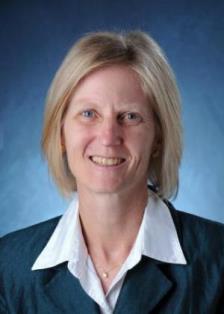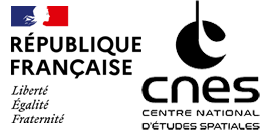
 A Lecture on "Environmental Sensing with Reflected GNSS Signals" by Professor Kristine M. Larson from University of Colorado will take place on the 22nd of October 2018 at 10:00am in Coriolis Room, Observatoire Midi Pyrénées, Toulouse.
A Lecture on "Environmental Sensing with Reflected GNSS Signals" by Professor Kristine M. Larson from University of Colorado will take place on the 22nd of October 2018 at 10:00am in Coriolis Room, Observatoire Midi Pyrénées, Toulouse.
Environmental Sensing with Reflected GNSS Signals
Kristine M. Larson
Professor Emerita, University of Colorado, Boulder
Fifteen years ago I began working on developing methods so that GPS receivers could be used to measure ground displacements during large earthquakes. At the time, almost all geodesists estimated station positions once per day, as this is entirely adequate for tectonic applications. Standard geodetic analysis tools (then and now) ignore the error caused by signals that reflect off the land surface. My group quickly realized that surface reflections were the largest error source in GPS seismology and developed tools to mitigate their impact. That early work in GPS seismology ultimately inspired our work in what is called GPS interferometric reflectometry (GPS-IR), where the GPS receiver behaves as a bi-static radar. The method has been successfully used to measure environmental conditions such as soil moisture, snow accumulation, water levels, ice-up, permafrost melt, and vegetation water content. In this talk I will describe the basic principles behind GPS-IR, show examples from our water cycle initiative using the Plate Boundary Observatory, and talk about the future for GNSS-IR.



